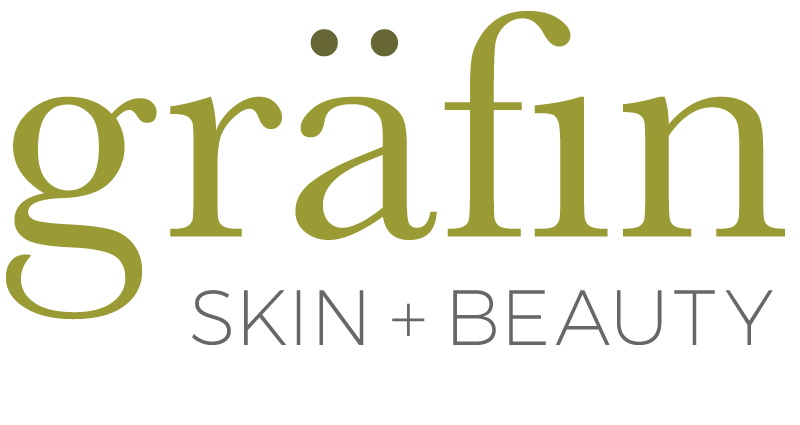DIY yes or DIY, no? LEMON JUICE
DIY skincare has become all the rage, and I will admit, some tricks are just brilliant (ice cube facial anyone?) and some that have just enough wrong with them to land you straight in the dermatologist office. Social media search engines like Pinterest and YouTube can be beneficial and extremely harmful for figuring out skincare treatments that you can do at home. It can also be hazardous because the way they evaluate who is an 'expert' has more to do with an algorithm than it does with actual skincare facts. With so much information out there and so few that have professionals fact-checking the content, it's only a matter of time until you run into a terrible suggestion. Today we look at one of the more popular DIY trends of using pure lemon juice on your skin.
So let's talk about the story, why would lemon juice be good on the skin? Lemon juice is an alpha hydroxy acid (used in skincare to help loosen dead skin cells). It contains citric acid and Vitamin C (ingredients often used to fade discolorations and scars), it's natural, it smells nice. These all sound like positive things for the use of lemons in skincare, but here is the story they are selling:
Lemon reduces inflammation and can help treat acne, it breaks down oil and can reduce blackheads by dissolving dead skin, end it light and dark spots and breaks down scars. -FALSE
I admit that does sound pretty awesome, 2 for $1, and it's in my fridge right now. Let me say emphatically that this is 100% incorrect. Pure lemon juice can cause severe damage to your skin.
Here's why those ideas are so dangerous: lemon juice is an acid, it's pH is 2.0 (your skin is 6.5-5.5), professional in-clinic peels are no lower than a pH of 3.0 because of the potential danger of permanent damage to the skin. With such a low pH, lemon juice changes the protective nature of your acid mantle, leading to sun sensitivity, unwanted skin darkening, and irritation.
Skin word: Acid Mantle
The acid mantle is a very fine, slightly acidic film on the surface of human skin. It acts as a barrier to bacteria, viruses, and other potential contaminants that might penetrate the skin. (Wikipedia)
Citrus oils are phototoxic when exposed to sunlight. Sun activates terpenes in oils, causing burns, blisters, skin darkening, and a whole host of other skin problems, some of which can be permanent.
Don't use pure lemon juice or citrus essential oils directly on the skin.
Finding the right exfoliant for your skin can be very tricky. I would never recommend attempting to create one at home in your kitchen. Sometimes it's better to leave formulating to the professionals. Cosmetic chemists typically hold master's degrees or higher and have the knowledge and tools to be able to blend the best bits of natural products along with ingredients to buffer the acid to be able to achieve safe and repeatable results on the skin. If you would like help finding the right products for your specific skin type and conditions, drop us an email, and we will be happy to help you find the right products for your DIY facials.
